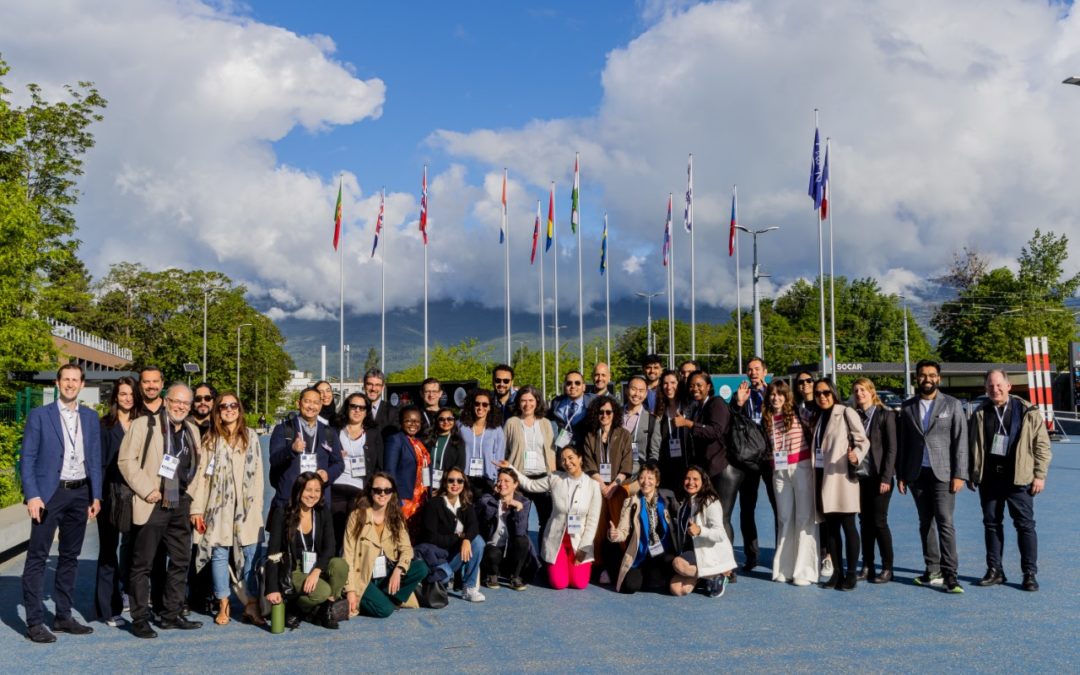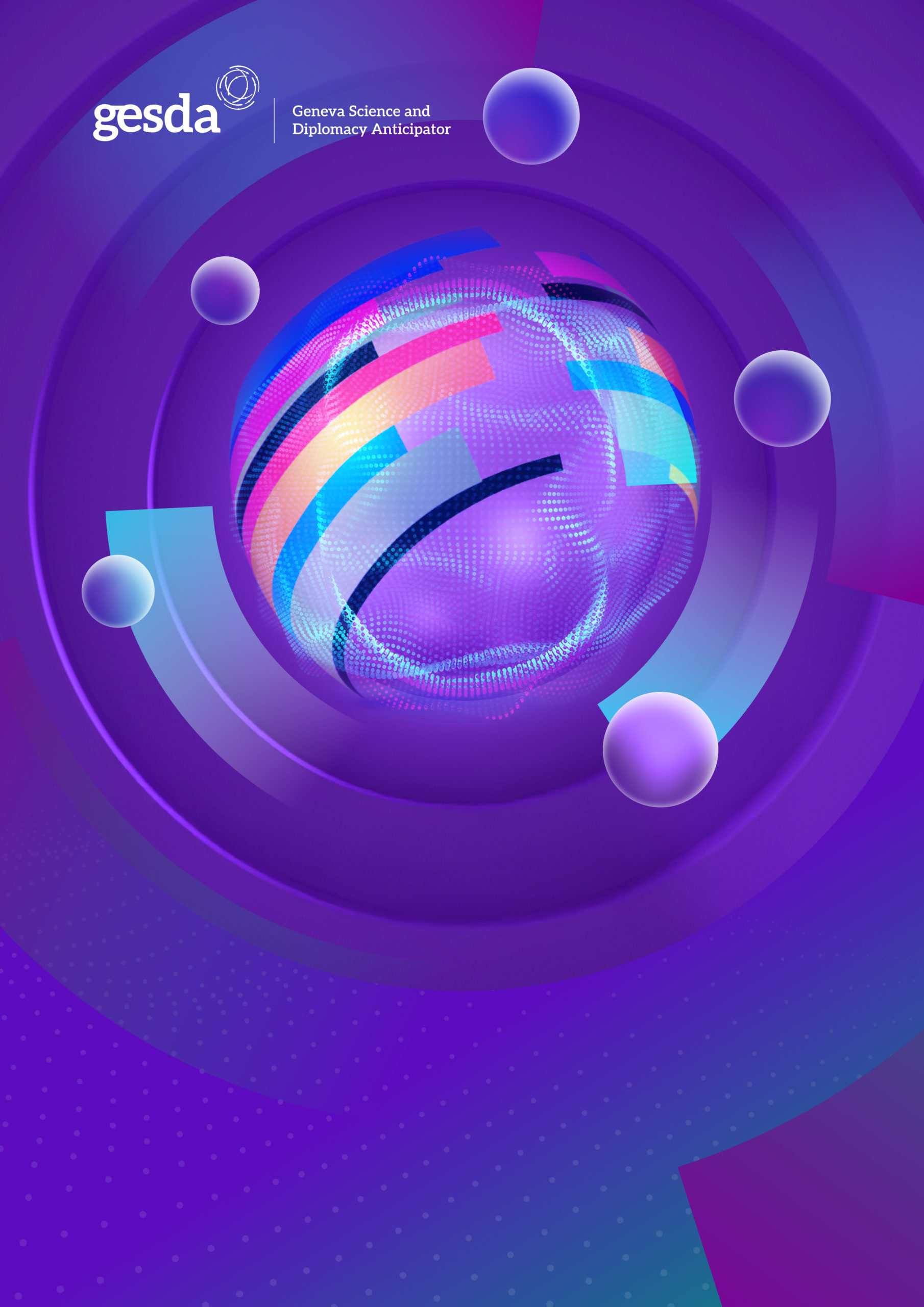Photo by Michael Chiribau, UNITAR Division for Multilateral Diplomacy
Greetings and welcome to a brief news update on the fourth day of Geneva Science Diplomacy Week 2023. Thursday was all about CERN. Amid the dazzle of amazing scientific machinery and control panels, participants learned that our smartphones depend on three key inventions from the Geneva-based international organization: the World Wide Web, computer chips, and touch screens.
In the Swiss city’s multilateral ecosystem, CERN, founded in 1954, is a model of science diplomacy, bringing countries to work together on nuclear research since the Second World War. CERN today has 23 member states and 16 other nations or organizations with associate member or observer status. It works closely with several Geneva-based platforms, including GESDA, and has cooperation agreements with more than 50 non-member nations and territories along with seven other international organizations. At the start of this year, it had 3,558 employees and 13,376 associates.
“The experimental priorities are decided on a scientific basis but they do have to be properly funded by the members,” said CERN’s Deputy Director for Research and Computing Pippa Wells.
She explained that CERN’s “open science” policies call for publishing its research on open access platforms and, since 2020, releasing experimental data with analysis tools. Since 2022, those policies broadened to include open software, hardware and other items.
One participant asked about CERN’s research security protocols and its criteria for inclusion or exclusion of certain nations. “The fundamental research at CERN is in some ways not a security concern because it is so far away from applications,” she said, adding that the organization has strict security protocols and respects legal economic sanctions.
The organization’s fundamental science isn’t driven by market needs, said CERN’s Head of Business Development and Entrepreneurship Han Hubert Dols, and its best projects arise when disciplines collide, usually based on a concrete need. “We really want to focus our efforts on members’ needs,” he said. “I don’t see as much competition as you see in industry.”
CERN has been working closely with GESDA to support the development of quantum computing applications for good as part of the Open Quantum Institute.
At a session on tech diplomacy, the discussion led by DiploFoundation, Diplo US and Swissnex centered on the big technology companies based in the San Francisco Bay Area and the increasing degree to which the private sector has been engulfed by geopolitical considerations as lines blur in global conflicts and policymaking. It concluded with a brainstorming exercise on how the model would apply to International Geneva. ‘The advantage of International Geneva, compared to Silicon Valley, is that the multilateral system is not represented there,” said Yannick Heiniger, Senior Technology Diplomacy and Cyber Advisor at Swissnex in San Francisco.
The final session, organized by the Inter-Parliamentary Union (IPU) with the Swiss Young Academy, featured three participants in the Geneva Science Diplomacy Week 2023 program. The three participants – Denis Naughten, a member of Ireland’s Parliament and chair of the IPU Science and Technology Working Group; Sahar Albazar, an MP and Deputy Chair of the Foreign Relations Committee at the Egyptian House of Representatives; and Francisco Ashley Acedillo, former representative and now chief of staff and cybersecurity adviser in the Senate of the Philippines – shared their experiences and challenges from the parliamentary perspective when engaging with the scientific community. The session covered a number of questions that were raised about the relationship between science and parliaments and included some approaches and best practices to promote evidence-informed policymaking.
The day concluded with a networking event at Impact Hub Geneva that was organized by foraus, the Swiss foreign policy think tank, and the Swiss Young Academy. Participants took part in an interactive card game to imagine future scenarios for the application of emerging technologies.










